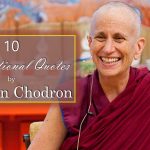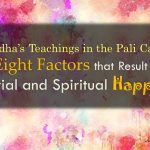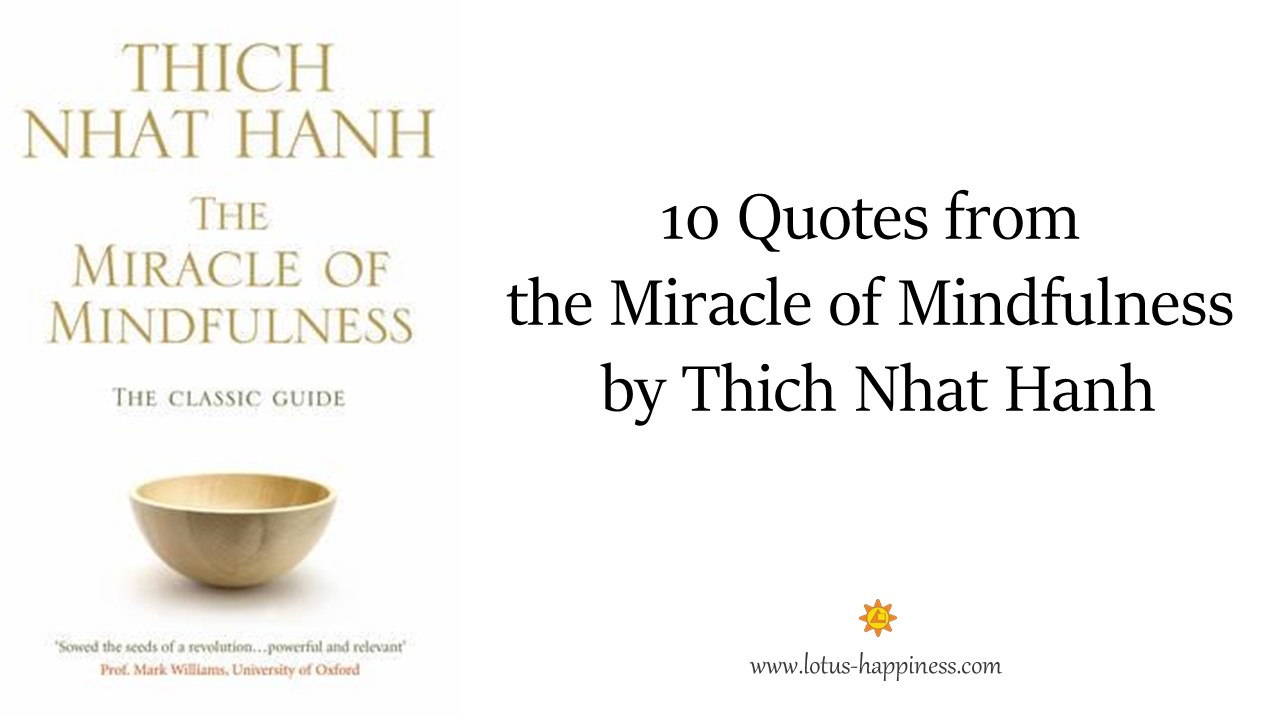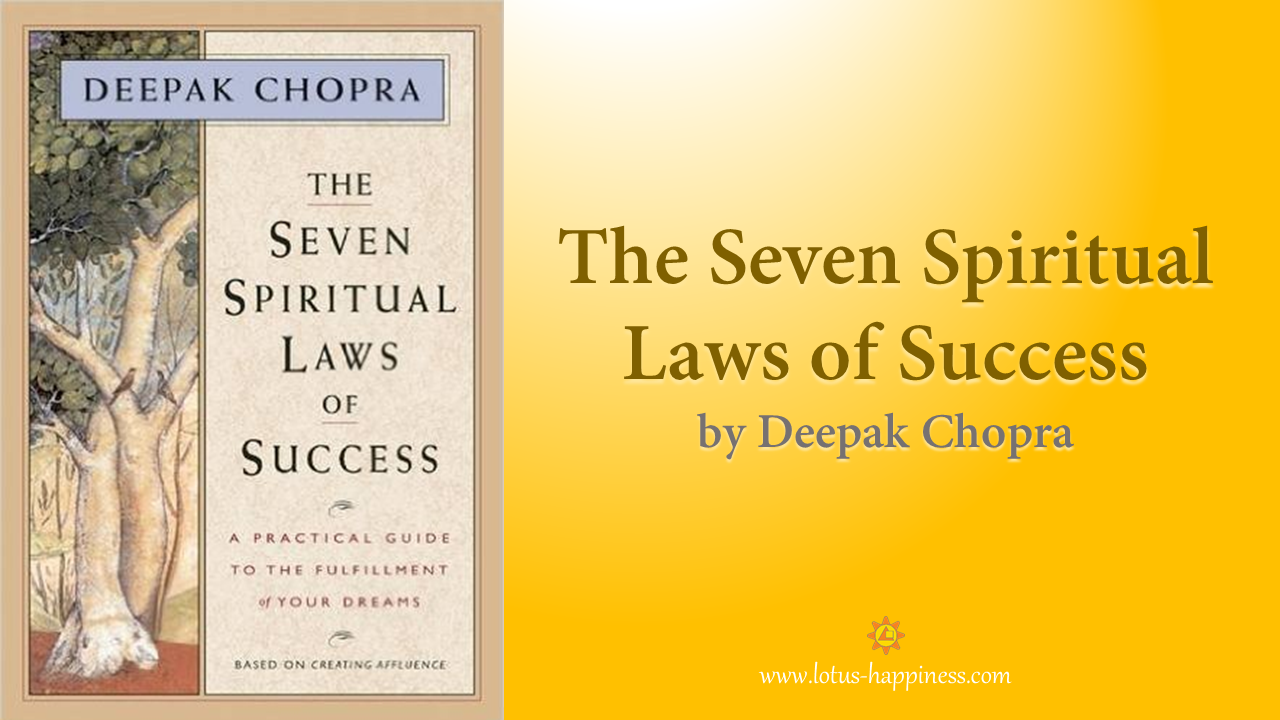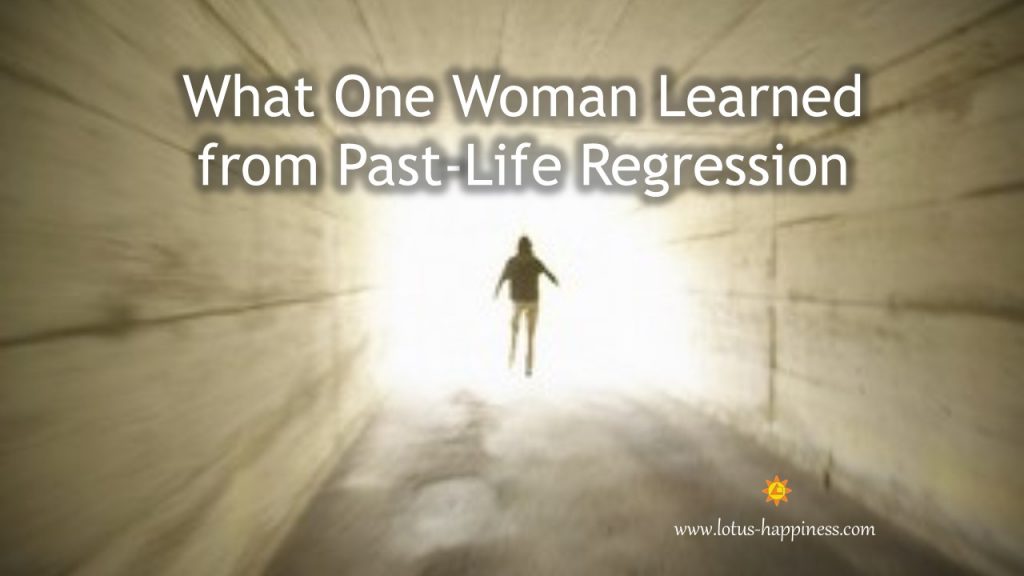
What One Woman Learned from Past-Life Regression
By Amy Weiss
During a past-life regression, Miracles Happen co-author Amy Weiss was taken back to a previous existence as an elderly Japanese man. Here, she describes her experience. Find out what spiritual lesson it taught her—and why we can all learn from it.
Many people who undergo a regression and successfully remember a past life are able to watch the scenes unfold like a movie, witnessing the life in a linear fashion from birth to death. Others see nothing but simply “know” what is happening. Past lives can appear in dreams, in experiences of déjà vu. They may be nothing more than a snapshot, a glimpse of a scene. It is not necessarily the events of a lifetime that heal the person remembering it: “Some regressions are powerful not for the concrete details they provide but for the deeply transcendent emotions they generate,” my father Dr. Brian Weiss and I wrote in Miracles Happen: The Transformational Healing Power of Past-Life Memories. I have personally found this to be true.
A few years ago, I put on one of my father’s regression CDs. His voice instructed me to picture a spinning globe and to feel myself being drawn to a particular area of the world. Usually, listening to his regression does not take me anywhere other than to sleep, but this time I found myself indeed being pulled somewhere: 19th-century Japan. Within seconds, I zoomed down into the globe, down into that country, down into a spare but elegant home and the body of a somewhat elderly Japanese man. I (as the man) was sitting cross-legged on a tatami mat, my gray-white hair pulled back in a ponytail. My home was peaceful; I sat in front of a large window overlooking a beautiful mountain. My wife entered the room. I could feel the love between us: It was easy; it was sweet; she was my dear friend. She was older too, and I sensed that we had loved each other for many years. She smiled so much that her eyes stayed crinkled. My grandchildren were in the corner of the room. I teasingly called them my frogs for the way they sat crouched on their haunches, looking as if they were about to take off in a frog leap at any moment. They too were smiling and laughing, as was I. I could tell that I was a family man; I worked, sure, but these people in the room were my life, my identity. Deep within family, within their love, is where I existed.
That man was so happy, but it was a happiness that came from peace, from the joy of simply being alive, not dependent on anything other than that. He knew how to delight in life, not because of any possessions he had or because of any professional status, but simply because life was meant to delight in. He was loving and wise. In many ways, he had mastered life and was much closer to enlightenment than I have ever come. I didn’t just know this about him; I felt it in the regression, that river of contentment running through his veins. I did not see how he was born, I do not know what he did for a living or what kinds of things happened to him, and I did not watch him die. None of these things were important. All that was important was to feel what he felt, to taste his peace, his bliss. My father’s voice soon instructed me to leave the lifetime behind, but I did not want to.
The Japanese man’s joy had nothing to do with outside events, and outside events did not steal the joy from him. I could learn so much from him, for the young American woman having the regression experience had never touched a peace like this before, had never been able to shake off a depression of sorts that prevented such happiness from ever being within reach. In my present life, for many years, I had struggled with what seemed to be a pervasive sadness and discontent. Sometimes I could clearly point to a biological component. Sometimes an awful event happened in the world that brought me to my knees, where I found myself unable to stand again. And sometimes I just looked at the news, at the incalculable and imaginative things people do to hurt one another, and felt so tired. Sometimes things got better, and sometimes things got worse, but behind it all there was a melancholy that didn’t make sense to me.
I was the blissful Japanese man—we were the same soul. And yet, I could tell that he was far more evolved than I. This confused me, for I had always thought of a soul’s evolution as linear: We incarnate and learn our lessons; we reincarnate and learn more. My father describes the earth as like a school in which we take our classes and graduate to the next level. But this man that I was hundreds of years ago was clearly much more advanced and much wiser than I am now. If I were a high school student, he would have been earning his doctorate. How to account for this?
I realized that growth and evolution are not necessarily linear at all. That’s simply a way for us humans to make sense out of the chaos of so many lifetimes. What if the process were actually circular? What if we could be so advanced as to touch enlightenment and then choose to be reborn into the crudest brain and body to test if we had really learned those earth school lessons—a self-imposed pop quiz? Or let’s say that in one lifetime, a soul decides that it wants to learn about healing others. Perhaps that soul will be an exquisitely talented surgeon, who treats his patients with humanity and love, staying by their bedsides, healing them not only with his hands but also his heart. For that, a person might choose a personality that is dedicated and unflappable, loving and ambitious. And then, when that life is over, the same soul decides it wants to learn about nonviolence and so chooses a personality that is angry, rash and full of rage. It would be easy to love others and to control one’s anger in a body and mind that are calm and serene, but what better way to truly learn those lessons than to navigate those obstacles of emotions and find the path to peace? The loving surgeon is not better than the angry man. They are the same soul, after all. The angry man does not need to evolve in order to become the surgeon. The soul is just learning different lessons in each life. It can become whatever it needs to be in order to learn. In this way, evolution is circular.
I could see that something similar was at play with the Japanese man. He knew how to be content and happy, to find peace simply in existing. That lesson was learned, and hundreds of years ago at that. And so at some point, before incarnating into this life, I had decided to take on depression as a handicap: “You have learned how to be happy just in being alive. Easy enough. But do you really know how to be happy? Put on this thick, heavy coat of sadness, let it weigh you down with each step, and if you can find your way to happiness even through that, then yes, you have learned it.” Therefore, it is more of a struggle for me now than it was for the man I was then, but that is only because I’m learning the lesson at a deeper level. It’s not a pop quiz on the subject but the final exam. Looking at it that way, soul evolution seems linear again.
More important to me, though, than understanding the progress of soul evolution was the instant understanding that depression was something I had taken on in this lifetime, that it was not a part of my soul itself. It was a heavy coat I had chosen to wear in order to learn an important lesson, but a coat can always be removed. No one mistakes a coat hanging in a closet for the person who wears it. It was not me; how could it be, when I had just seen that in other lifetimes I had not worn it? At the end of this life—or even before that—I would shed it. Sadness was not some fundamental part of who I was, my soul. My soul had just dipped into that experience to learn what it felt like, to see what it might teach me. But my soul did not possess it or become it, and I did not need to identify with it, to claim it any longer. These insights, gained in a split second, forever changed the way I saw myself.
I could see that every other soul in the world had taken on its own handicaps. Perhaps it was a physical disability or disease, perhaps a mental one. Perhaps it was merely a personality fault or flaw. Just as I took on sadness so that I could find my way toward happiness, someone else may have taken on a body she considered to be ugly in order to find her way toward loving herself, which would be all too easy had she been born beautiful (though, truly, we are all born beautiful). The possibilities and combinations are endless. All could be difficult to live with, sometimes unbearable, but all offer an avenue for learning, and none is part of who we really are. We are the perfect souls wearing the coats and then blissfully throwing them off, the weight of the world literally lifted off our shoulders.
Often, when people experience a past-life memory and go to the “other side” after their death in that lifetime, they describe their loved ones greeting them there. They see those loved ones as young, vibrant and beautiful. People who’d grown old or diseased appear without walkers, without breathing tubes, without dementia. Mediums also see spirits appearing this way. And this is what I experienced myself, yet instead of throwing off the fetters of a ravaged body, I saw the fetters of personality being cast away, not only for myself but also for my loved ones. I thought of a difficult relationship I had had with another person in my present lifetime. He was very close to me, and I loved him dearly, but most of the time we simply did not get along. The pain this caused the both of us was great, for sometimes there is nothing more painful than failing to connect with someone so close to you, someone it should be so easy to love and be loved by. As I sat there, reflecting on what I had just learned about myself in the regression, I saw my loved one’s soul, unencumbered by any of the qualities and characteristics that caused me such grief and anger (and, let’s be clear, I certainly had my own qualities and characteristics that caused the same feelings in him). In my mind, he no longer “wore” those parts of him. His soul was so much greater than I had imagined; he was so much more perfect than I had imagined. I had always thought our relationship to be saddening in its difficulty, but in reality it wasn’t. It was limitless and pure, the way I always wished it were here on earth. And this was true not just for him but for everyone I had ever known, everyone who existed on this planet.
Your true self, your soul, does not have the personality flaws that make love so difficult and distant, nor do your loved ones have the faults that so aggravate you. The heavy coats that they have chosen to wear, whatever they are, may make them harder to love. After all, hearts can become buried, hard to find and hard to touch under such a heavy coat. But your loved ones are not their respective coats. At the soul level, both of you are resplendent beings; you are perfection. At that level, you can love with no obstacles and no hindrances. At that level, love is effortless. But you do not necessarily learn when things are effortless. And so you have said to one another: “We could choose to reincarnate as perfect beings, loving each other perfectly, but then we would not evolve; we would not learn. So let me become less perfect. Let me take on these characteristics that make me harder to love, that divide us. Let me be human, in other words. And you do the same.” And so you both have taken on your own handicaps in order to find your way through them toward love. What a brave, loving act it is, then, for the other person to have agreed to become flawed, and for you to have done the same. When I think about this, I feel overcome with gratitude for people being less than perfect, rather than critical. What if we could view the entire world this way? How much compassion we would have for one another! If we could see past the coats we elected to wear, if we could see the light in other people’s souls—the true essence of who we are—we would be blinded, for there would no longer be anything covering our brilliant light. We would literally be enlightened.
Love on earth can be so difficult, as opposed to spiritual love, love on the “other side.” Here on earth, with bodies and with senses, it can be felt, touched, hampered, obliterated, celebrated. It can be messy. It can be painful. It can break your heart and fix your heart. It can be directed toward one person in particular or, at its highest octave, toward every living being. It is the greatest lesson we can possibly learn. And once we learn it, we will have passed the final exam and graduated from this earth school. Our soul’s evolution will no longer be linear. It will no longer be circular. It will simply be complete.
Source: Oprah


